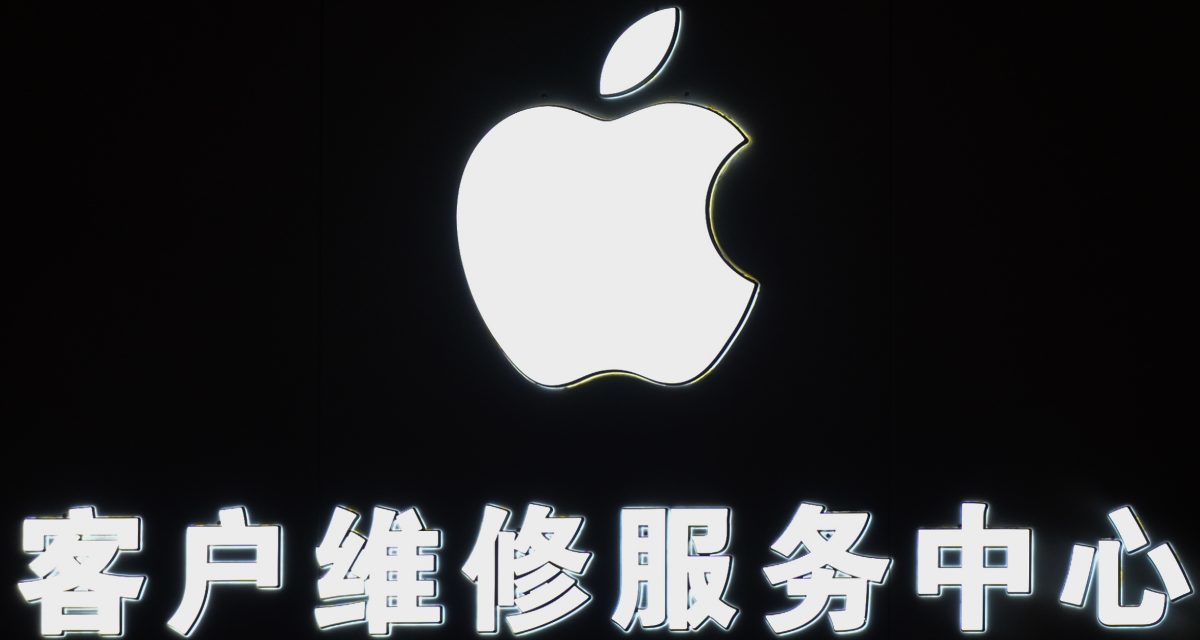Apple’s iPhone recently became the top-selling smartphone in China, its second-biggest market after the U.S., for the first time in six years. However, the tech giant owes much of that success to CEO Tim Cook, who laid the foundation years ago “by secretly signing an agreement, estimated to be worth more than $275 billion, with Chinese officials,” according to The Information (a subscription is required to read the entire article).
The report says the deal promised that Apple would do its part to develop China’s economy and technological prowess through investments, business deals and worker training. The Information says that Cook forged the five-year agreement during the first of a series of in-person visits he made to the country in 2016 to “quash a sudden burst of regulatory actions against Apple’s business, according to internal Apple documents.
“Before the meetings, Apple executives were scrambling to salvage the company’s relationship with Chinese officials, who believed the company wasn’t contributing enough to the local economy, the documents show,” the article adds.
We’ll see what kind of PR this report brings for Apple. In the past, the company has been criticized for “capitulating” to demands by Chinese officials.
For example, as noted by AppleInsider in May, four members of Congress, Ken Buck, Scott Fitzgerald, Burgess Owens, and Dan Bishop signed a letter to Apple CEO Tim Cook asking Apple to end its “near total capitulation to the communist regime in China.” The letter describes Apples relationship with the Chinese government as a contradiction to Apple’s core values of holding privacy as a fundamental human right.
Apple might considering ending its “near total capitulation to the communist regime in China,” but the tech giant certainly isn’t going to quit selling its products in the country.
Article provided with permission from AppleWorld.Today


